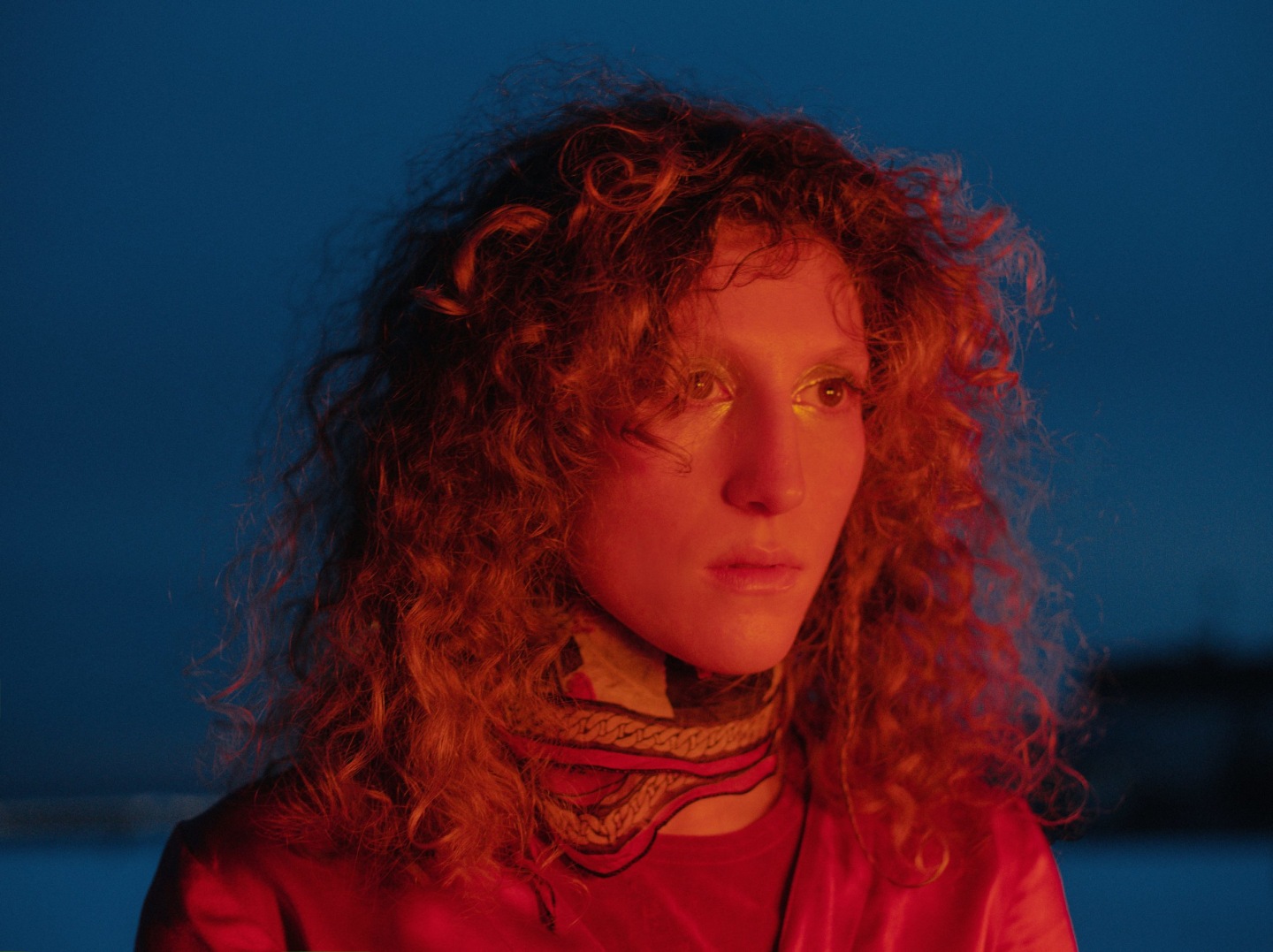 Tonje Thilesen
/
Pitch Perfect
Tonje Thilesen
/
Pitch Perfect
Some time before the release of her debut album I Was Born Swimming, Ella Williams, who writes and performs as Squirrel Flower, embarked on her first cross-country tour. On the road, she saw magnificent and menacing extremes. Trekking through the arid desert around Los Angeles, she contemplated the harsh realities of drought. Later that summer, after arriving in the Midwest, she found a landscape inundated with floods. “It felt like we were driving through lakes; billboards were coming out of the water and trains going through five feet of water. I was struck by that imagery.”
Returning home to the East Coast, Williams wrote “Desert Wildflowers,” the beginning of what would eventually become her third full-length album, Planet (i). “I’ve seen the desert now, and I know I want the water,” she sings on the track, her voice piercing the barren atmosphere. “I’m not scared of the flood, I’ll be there with open arms and my feet in the mud.”
Released just over a year after her debut, much of Planet (i) was created after the I Was Born Swimming tour had been cancelled due to the pandemic. “I’d been recovering from some head injuries, and because of that I was reflecting a lot on the body, ability and disability, health and all that shit,” she says. Written largely at home, and recorded in Bristol, Planet (i) expresses a symbiosis between the internal and external, suggesting that the worlds we hold inside of us mirror the one that surrounds us. In establishing that connections, Williams drew inspiration from Björk, YouTube biology lessons, and her mother’s garden. In the wake of an auspicious storm earlier this summer, we caught up with Williams to discover how they all became foundational to Planet (i).
Book: Infect Your Friends And Loved Ones by Torrey Peters

It’s open source — there’s just a PDF online because Torrey Peters is sick as fuck. I love the idea of art being available and accessible as opposed to locking it behind JSTOR. It’s a novella, technically, and I actually first read it in college in Iowa. It takes place in Iowa, and one of the first scenes is the main character on I-80 trying to fix their car. It’s the apocalypse and they’re fending for themselves, on the freeway in Iowa. That image stuck with me when I was making this album, especially on the song “Flames and Flat Tires.” The idea of a queer apocalypse is hellish but also utopian — everybody has to pick their gender and the idea of what’s normative has completely turned on its head.
Meal: Home-cooked, from her mother’s garden
 Ella Williams
Ella Williams
My mom grows a lot of her own food in little garden boxes, but last summer, we actually both worked at a farm together outside of Boston. We’d have meals all summer, made out of the food we had helped to plant, grow, weed around, take care of and harvest. There’s just no better feeling than eating something that you’ve witnessed grow. It’s seasonal and you were in the dirt, getting the sunburn making sure it was okay. There’s something so beautiful about that. I think it influenced the album; feeling very in-tune with nature, seasons, and cycles of life and death.
